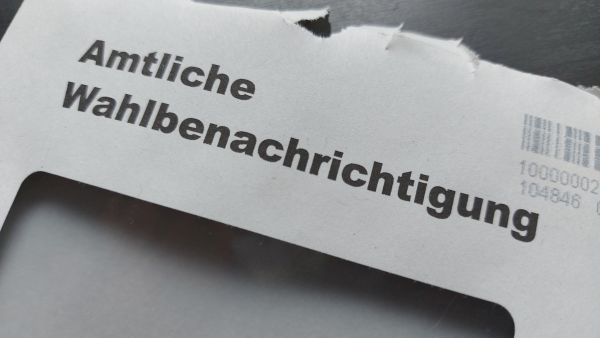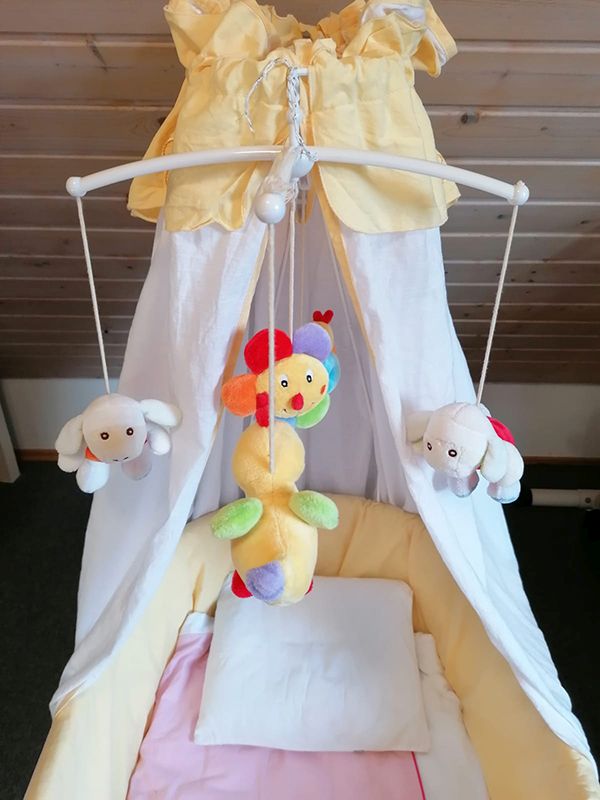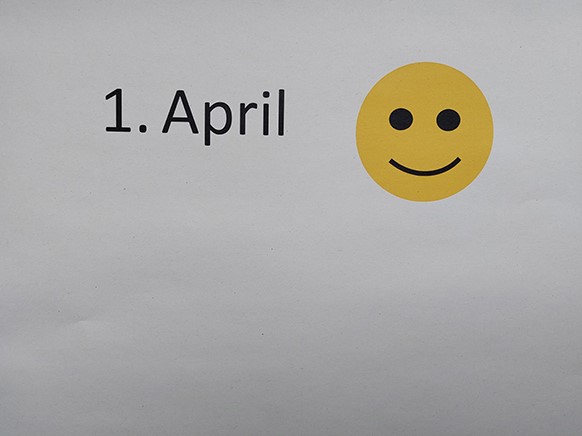Youssef Kanjou
Eid al-Fitr, the Feast at the end of Ramadan, is celebrated as a religious and social ritual that lasts for three days. We prepare everything during Ramadan. This includes baking the various sweets for the celebration, buying clothes, organizing family visits and cleaning as well as decorating the houses. On the day before Eid al-Fitr, mothers work particularly hard when it comes to preparing for the next day and often it includes working through the night and into the morning.
The Eid celebration begins with the children and the men going to the mosques shortly after sunrise without the women, to perform the prayer, which is usually short. At the end, everyone exchanges congratulations. This is followed by a visit to the cemetery. Then relatives are visited in the morning and friends as well as neighbors in the afternoon. This is called Muayadat, which means, “congratulating on the feast”. During these visits all kinds of sweets, nuts and fruits are served. The most important part of the feast are the mutual visits.
On Eid the whole family gets together, no matter how far apart the members live. How large the total number of people is, does not matter. It is especially important that the married sons and daughters visit their parents. They usually bring their children with them and stay there for all Eid days. Therefore, the houses are full with young and old people and this requires food in large quantities. Although it requires great effort from the parents, they are always very happy about the visit.
One of the special features of Eid al-Fitr is that grandparents and parents give their children a sum of money called Eidia. The children wait for this gift with patience and they receive it when they congratulate the adults. Children usually spend this money immediately to buy toys and sweets, which makes them even happier.
During the Eid, life is very different compared to the rest of the year, as everyone is happy. Children are happy with the new clothes, the presents and about the games in the street, which turns into a small amusement park during the Eid days. The adults are happy to meet relatives and friends and enjoy the good food, in Arabic we say “a happy feast” (Aid Seid).
Before the Eid, during Ramadan, the rich help the poor by donating money and food to needy families to support them to buy clothes and gifts for their children. The goal is for everyone to be happy on this occasion. Therefore, the rich take care of the poor for a certain period of time and each rich family takes care of several families. However, the rich aren’t alone in making donations. Instead all people try to help in whichever way they can.
Since the beginning of the war in Syria, the celebration of the Eid has become rather sad, as families have scattered within Syria and in neighboring countries and Eid visits have, therefore, become an unfulfillable dream. Furthermore, the economic situation of most families does not allow them to buy the necessary sweets, clothes and gifts for children anymore. Also, this year due to Corona, there will be no prayers in the mosques and visits between relatives will be limited. This increases the grief of the Syrians.
tun051903
Foto: tünews INTERNATIONAL; Youssef Kanjou, 24.05.2020



